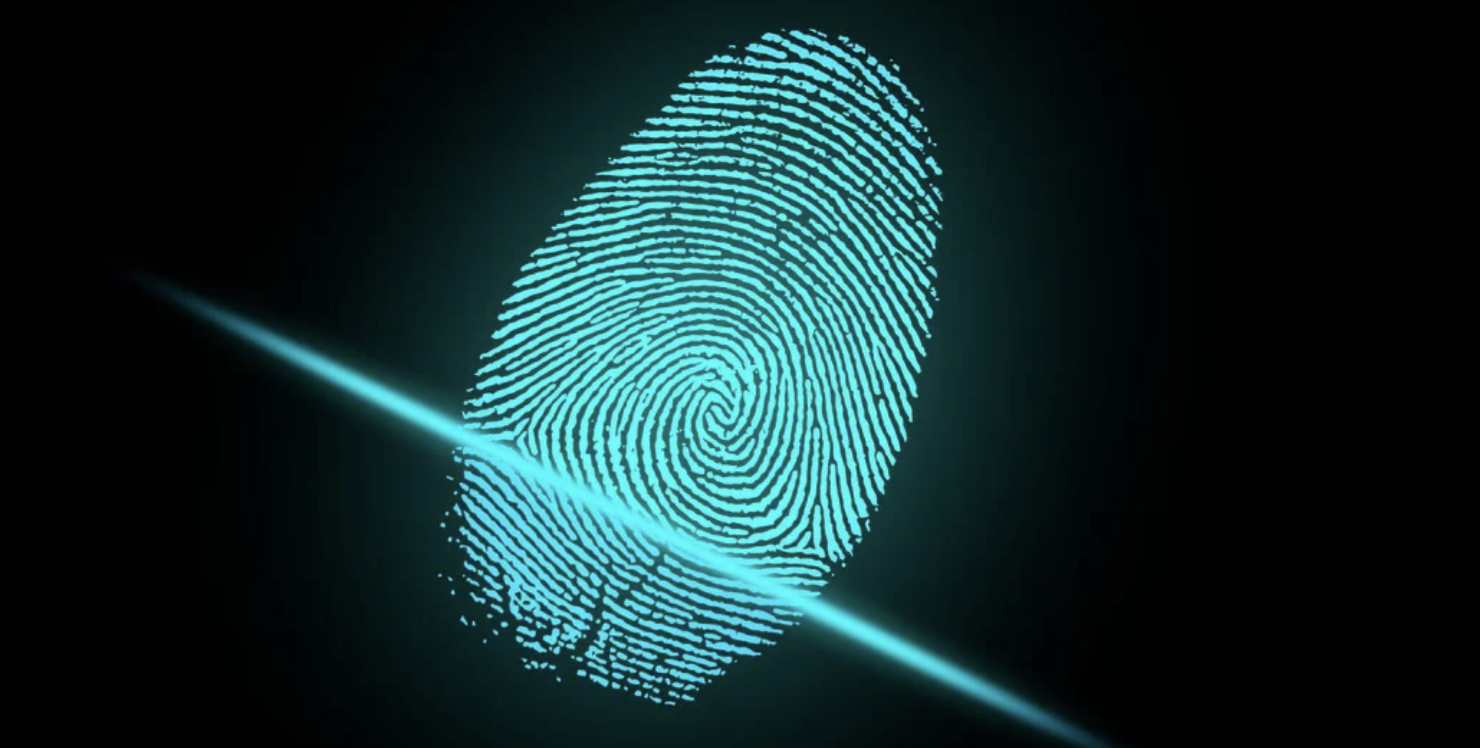What can we learn from Web 3 critics? What is Self-Sovereign Identity (SSI)?

Greetings all,
In this week’s episode of Ventures, I (https://www.linkedin.com/in/wclittle/) recorded a ~10min monologue about my own reflections on recent tweets from Jack Dorsey (https://twitter.com/jack/status/1473139010197508098) and Elon Musk (https://twitter.com/elonmusk/status/1473165434518224896, which Jack then responded to). The basic criticism is that “Web 3.0” is essentially owned and pumped by venture capitalists (VCs) and that no real noticeable value has yet been created for humanity. I begin my reflections by talking about self-sovereign identity (SSI) and decentralized finance (DeFi), and then talk about the promise of DAOs (Decentralized Autonomous Organizations) and NFTs (Non-Fungible Tokens). A future where individuals can own, govern, and have autonomy over their own value-creation, DAOs that promote social causes, and DAOs that fuel a new generation of venture building….this is a future that I can get behind and support. Yes, VCs will make money, but that doesn’t necessarily mean the vision they are helping to create is a bad thing.
Check it out: Who owns Web 3.0? Responding to critics // and the promise of DAOs & NFTs
Learning from critics
I don’t blame Jack and Elon et al. for their critique. In fact, the more nuanced conversation about this revolutionary new era, the better.
As I mention in today’s show notes, it’s important to understand that Jack himself is supporting Web 3 via https://blueskyweb.org/:
“Our mission is to develop and drive the adoption of technologies for open and decentralized public conversation.”
Jack, obviously, may not use the term “Web 3”, but the future he is building fits - at least - my definition of Web 3 (i.e. people trying to build a better Internet via DLTs, Tokens, SSI, DeFi, DAOs, Metaverses, and/or The Semantic Web).
What is Self-Sovereign Identity (SSI)?
In today’s Web 2.0 era and IRL (in real life), we have identities everywhere (i.e. social media sites, governments, banks, clubs, gyms, credit bureaus, health care providers, etc... ). Our personally identifiable information (PII) and other data is splattered everywhere, gets hacked often, gets shared with marketers/spammers/etc…, is used to get us addicted to Web 2.0 screen experiences, gets stolen easily for people to impersonate us (identity theft), etc…
To be fair, the creators of Web 1.0 couldn’t really see Web 2.0 coming, so we can’t blame them. In many ways, Web 3.0 is an attempt to go back to our open-protocol roots, add the important aspects of “ownership” and “tokens” to the game, and Self-Sovereign Identity (SSI) is - of course - at the core of this new digital world.
The vision here - outlined in part by this proposed W3C standard for decentralized identifiers (DIDs) - is that everyone (and every thing that needs identity) will own their own encrypted data (identity and otherwise), have “verified credentials” against their data, and then permission-in (or permission-out) brands, governments, health-care institutions, etc… to access appropriate parts of that data.
When this vision comes to fruition, we will no longer need password managers, accounts on zillions of sites and in physical organizations, or extremely hackable “recovery” methods via email or text messages. Instead, we will have our preferred SSI app on our phone, all our data encrypted there (and synced to on-chain “vaults” that we can let computers access while we sleep), and more secure “multi-signature” wallets and social-based recovery methods if we lose our phone or it gets stolen.
For the past ten years, there have been many groups that have attempted to tackle the SSI issue to bring this overall vision to reality. Currently, notable groups include:
- https://global.id/
- https://www.evernym.com/
- https://tykn.tech/
- https://sovrin.org/
- https://idunion.org/
For further reading in addition to the links above, see:
- Self-Sovereign Identity in a Globalized World: Credentials-Based Identity Systems as a Driver for Economic Inclusion (link)
—
Have a great rest of your week!
~Will